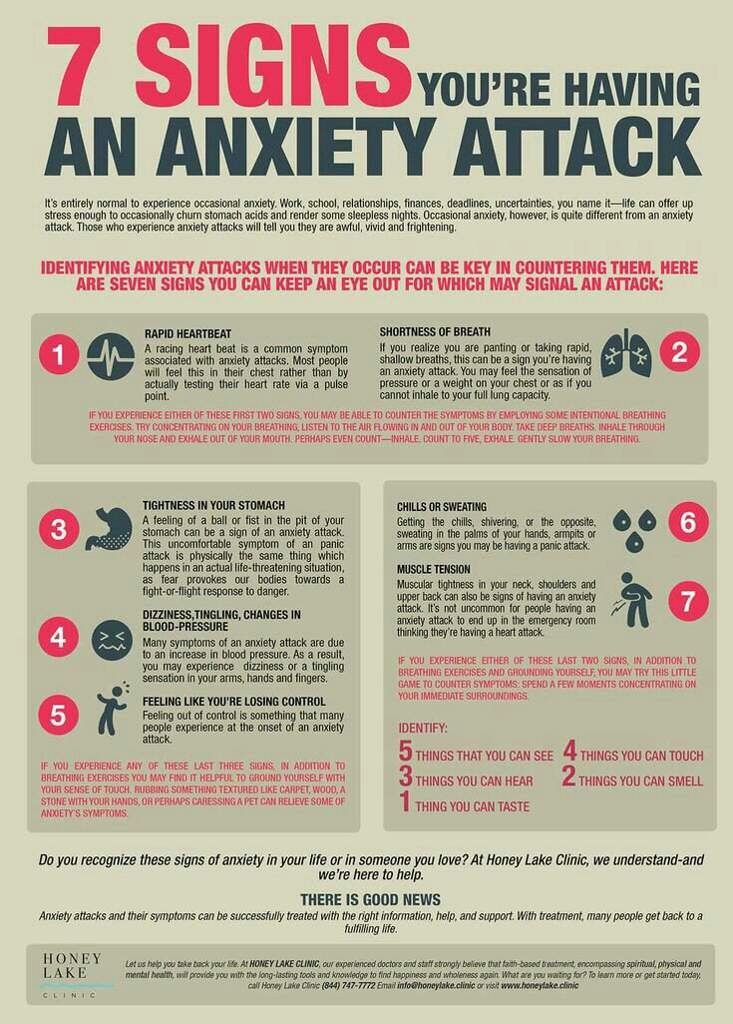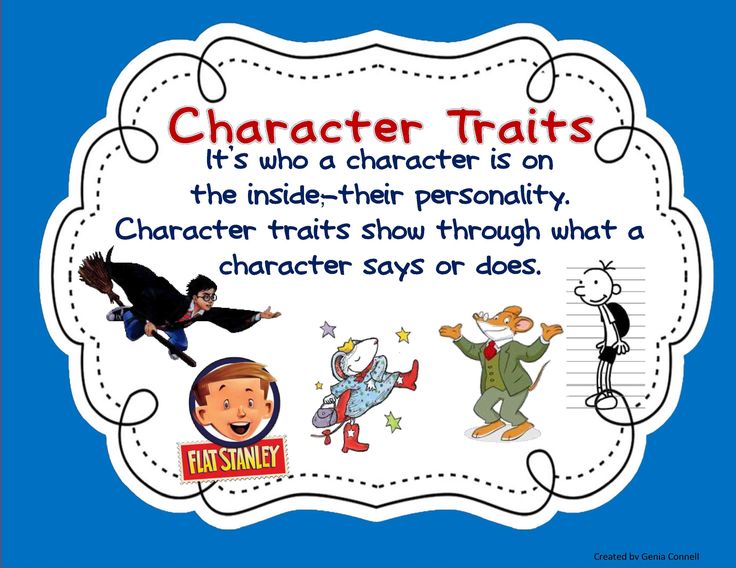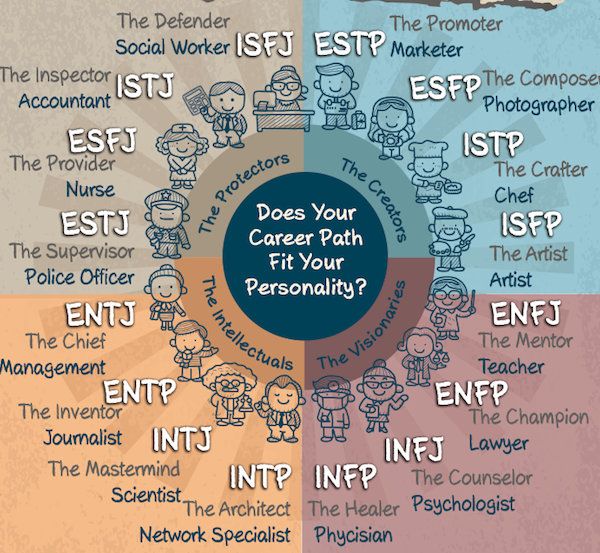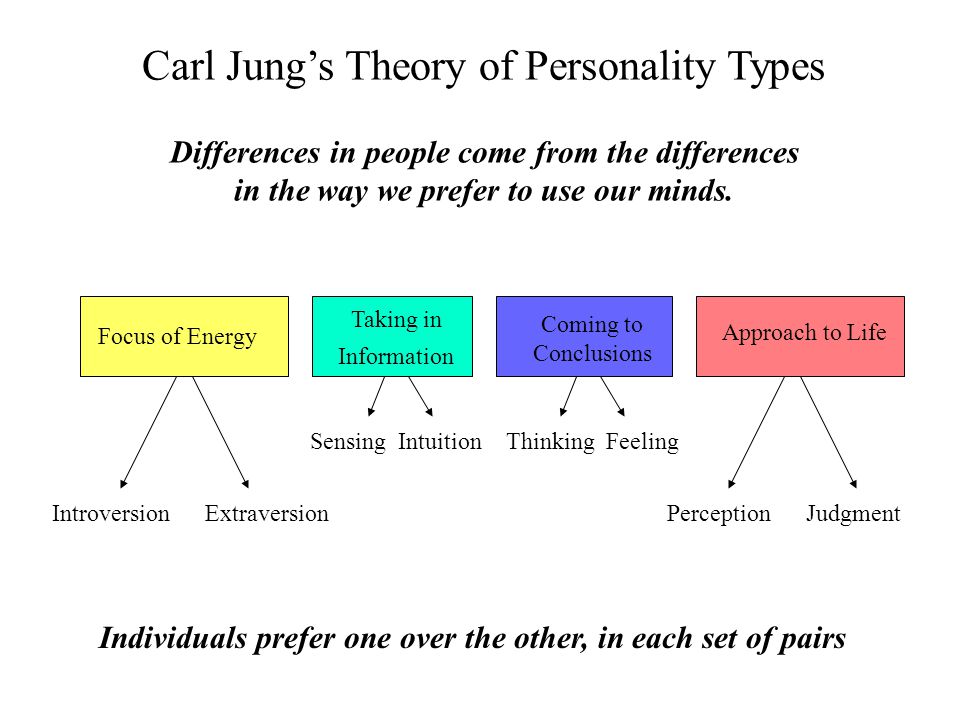Discrimination against introverts
It’s Time to End... Personality Type Bias and Discrimination in the Workplace
A partial excerpt from The Extrovert's Guide to Elevating Introverted leaders in the Workplace re-published on behalf of and with permission from Introverts and Belonging LLC.
The headwinds that introverts face in the workplace are a result of a prevalent personality type bias that results in a culturally-accepted and often legal form of workplace discrimination.
Introverts in the workplace face constant headwinds when competing for leadership positions. Despite having proven histories of strong performance, great results and outstanding employee and peer feedback, they are often overlooked and dismissed because they are simply “too quiet,” “not visible enough,” or “not dynamic enough.” In other words, too introverted. A close friend in the automotive industry shared his personal experience. Matthew had just joined an accelerated leadership program, wherein the company leaders selected him out of a large pool of highly-qualified people.
During his orientation, the company had him talk with an industrial psychologist who guided him through a personality assessment. The psychologist pointed out that he leaned to the introverted side of the personality spectrum and suggested Matthew “needed to show his fangs” so leadership would understand that he “could hold his own.” As the program progressed, his leadership told him to “stop being timid and to speak up more because his contributions were strong.” But later, as the same leaders promoted more extroverted program members, they held him back despite his impressive performance because they perceived he “lacked executive presence” and the ability to “command the room.” Just like Matthew, I experienced similar treatment firsthand. Additionally, as the leader of a movement to lift introverts up and raise awareness of the barriers that limit introverted employees’ opportunities to lead, I have heard these types of stories from countless others. The headwinds that introverts face in the workplace are a result of a prevalent personality type bias that results in a culturally-accepted and often legal form of workplace discrimination.

The Overwhelming Impact of Bias and Discrimination
Bias and discrimination are rampant within society, including the workplace, and impact people of color, women, people with disabilities, and other underrepresented groups every day. There is a lack of representation of all these groups in the leadership ranks of today’s workplaces (for example, in 2020 only 1% of Fortune 500 CEOs were Black)[1]. This must end. In the context of personality type, people from every underrepresented group are equally impacted by bias and discrimination because introversion and extroversion are almost equally split within all dimensions of diversity. Improving the equality of leadership for introverts has a positive impact on leaders from all underrepresented groups. We must work to remove the compounding barriers that are limiting our underrepresented leaders’ success. This starts by accepting the existence of bias and discrimination and understanding the role they play in the workplace.
Bias Negatively Impacts the Workplace
Although everyone has bias (it is a natural filter people possess that helps us make sense of a complex and often confusing world), its acceptance as an excuse to discriminate cannot be tolerated.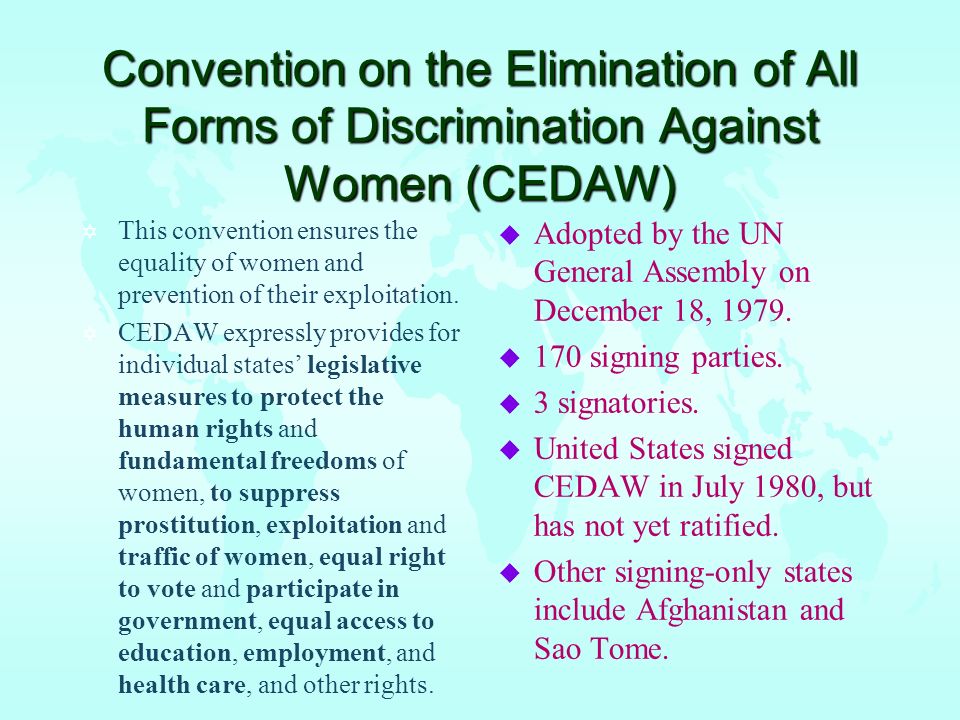 Bias at its core is neither good nor bad, though the results of bias can be harmful if left unchecked. When we act on bias and it results in prejudice or unfair treatment, whether consciously or unconsciously, it becomes a form of discrimination. In the workplace, depending on how the discriminatory behavior affects you, it can positively or negatively impact your career and the company’s performance.
Bias at its core is neither good nor bad, though the results of bias can be harmful if left unchecked. When we act on bias and it results in prejudice or unfair treatment, whether consciously or unconsciously, it becomes a form of discrimination. In the workplace, depending on how the discriminatory behavior affects you, it can positively or negatively impact your career and the company’s performance.
When companies accept biased behaviors, processes, and systems, they lose credibility and real value. In addition, they limit their introverted employees’ ability to grow and contribute.[2] I left my career for this very reason when I could have easily worked for many more years; just think about what it costs a company to replace a thirty-year high performing employee! Because I did not feel like I belonged and chose to leave, I lost future opportunity and income, but gained something much more valuable: my happiness, mental wellbeing, and physical health. Bias against introverts in leadership is an accepted norm that has no place in today’s workplace; it is fundamentally wrong.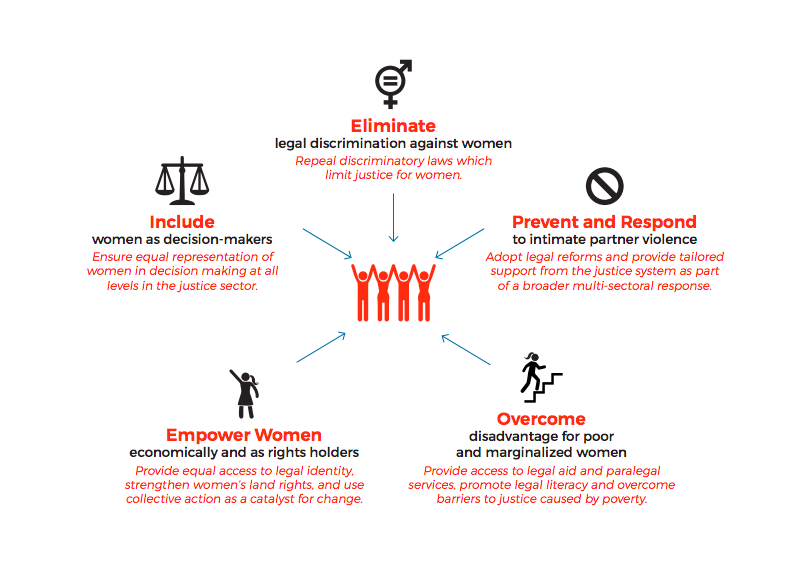
Bias Helps Maintain Power
Both conscious and unconscious bias can result in discrimination. Conscious bias is when you knowingly choose to treat one group differently than another. Unconscious bias is when a leader’s behaviors are different depending on who they are interacting with without the leader realizing it is happening. Often, we focus on conscious bias because we perceive it as being the root cause of our societal problems. However, unconscious bias is equally detrimental because it becomes justification to rationalize biased behaviors. Unconscious bias, in many cases, has become a shield to deflect leadership accountability by justifying the status quo and perpetuating unfair behaviors, systems, and processes.[3] When accepted bias in the workplace systematically benefits one group of people and is considered normal behavior, it becomes a tool that helps the people in power preserve power.[4]
Personality Type Bias
As we continue to learn more about the complex field of conscious and unconscious bias, opinions about the number and types of bias are continuously changing. To prove the point, a quick online search will produce results like “9 Types of Bias,” “5 Types of Unconscious Bias,” or “14 Types of Bias.” They include types like confirmation bias, affinity bias, similarity bias, attribution bias, cultural bias, recency bias, availability bias, racial bias, gender bias, etc. But you do not often see personality type bias listed. Personality type bias absolutely exists and impacts introverted aspiring leaders daily. Remember, bias is roughly defined as a belief that someone or something is better than others which results in prejudice or unfair treatment. If you recall an extroverted bias is a value system where extroverts and their behaviors are valued more than introverts or introverted behaviors. Myers & Briggs published an online article in 2017 which states that, in parallel with gender bias limiting leadership opportunities for women, personality type bias in the form of a preference to thinking over feeling also impacted them.[5] How many times have you heard someone tell an introvert that they are too quiet or that they need to speak more? Too many to count! Perhaps you’ve done this yourself.
To prove the point, a quick online search will produce results like “9 Types of Bias,” “5 Types of Unconscious Bias,” or “14 Types of Bias.” They include types like confirmation bias, affinity bias, similarity bias, attribution bias, cultural bias, recency bias, availability bias, racial bias, gender bias, etc. But you do not often see personality type bias listed. Personality type bias absolutely exists and impacts introverted aspiring leaders daily. Remember, bias is roughly defined as a belief that someone or something is better than others which results in prejudice or unfair treatment. If you recall an extroverted bias is a value system where extroverts and their behaviors are valued more than introverts or introverted behaviors. Myers & Briggs published an online article in 2017 which states that, in parallel with gender bias limiting leadership opportunities for women, personality type bias in the form of a preference to thinking over feeling also impacted them.[5] How many times have you heard someone tell an introvert that they are too quiet or that they need to speak more? Too many to count! Perhaps you’ve done this yourself. How many times have you heard someone tell an extrovert they are too loud, or they need to speak less? Probably very rarely! This fundamental difference in treatment is personality type bias at work. Personality type bias, whether it involves a preference for thinking over feeling or extroversion over introversion, is real.
How many times have you heard someone tell an extrovert they are too loud, or they need to speak less? Probably very rarely! This fundamental difference in treatment is personality type bias at work. Personality type bias, whether it involves a preference for thinking over feeling or extroversion over introversion, is real.
Personality Type Bias in the Real World
What does personality type bias look like in the workplace? Imagine, for example, a large reoccurring leadership group responsible for deciding who receives promotions and the best leadership opportunities. An individual leader, who, like everyone else, is susceptible to unconscious bias, often guides these groups. If personality type bias influences the group leader and they openly speak negatively of introverted candidates, it will have a devastating impact on the quiet applicant’s chances of success. And that’s assuming all else is equal! Left unchecked, this leader’s behavior could be a career-limiting event for the introverted aspiring leader.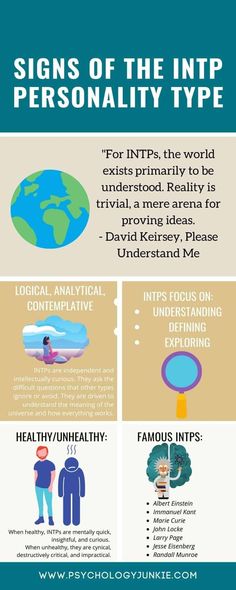 There is always an opportunity for another leader in the room to speak up, but the probability of that happening depends on the level of psychological safety created by the group leader’s behaviors.
There is always an opportunity for another leader in the room to speak up, but the probability of that happening depends on the level of psychological safety created by the group leader’s behaviors.
People will often choose to keep their thoughts and comments to themselves when dealing with authoritarian leaders who control the room. This is because they are afraid of being publicly ridiculed, and it does not even have to be verbal. I had one leader who could shut down a conversation with the look of disdain displayed on his face. In this example, an introverted member of the committee spoke up and challenged the committee leader. They asked probing questions like, “Why does being an introverted person impact someone’s ability to succeed in the job?” They provided examples of ways the introverted leader in question had demonstrated they were qualified. In the end, this example of unconscious bias was kept in check and did not become discrimination, but it took the courage of another leader to stop it.
These biased behaviors shut down dialog at a time when it is vital to have open and completely transparent communications. These behaviors are not rare; they are common. They are not something that is only attributed to other leaders—everyone is guilty to some degree from time to time. My experience tells me that nine times out of ten, the person who stands up to biased behaviors is seen as a great leader by their peers and to the person to whom they are standing up. The problem is that everyone who speaks up has that one in ten experience of being negatively impacted by the actions of the bully masquerading as a leader. In these situations, it is important to have already decided whose opinion really matters so you can keep the negative experience from adversely impacting you. In every case, the opinions that really matter will be your own and those of the people you admire, a handful of great leaders and close colleagues. If you find yourself in the role of the leader with the biased behavior, own it and thank those who pointed it out. Work to understand what caused the isolated case—for example, a series of compounding stressor events— and commit to changing and growing from the life lesson.
Work to understand what caused the isolated case—for example, a series of compounding stressor events— and commit to changing and growing from the life lesson.
To further the point, a friend shared their story with me. Alita had been working for a company for several years when she decided to apply for another position. She was excited to find out that she already knew the job owner. Although Alita believed the interview went well, she was not selected and did not initially receive any feedback as to why. During her performance review, Alita’s supervisor told her that the lead interviewer said that she “wouldn’t have been a good fit for the position” because she was “too quiet and shy” and the engineers would “eat someone with her personality alive.” A couple of years later, Alita moved into a different department within that same company, wherein she was frequently assigned projects with the “difficult” engineers because she was “easy to get along with.” It turns out, the “difficulties” with these engineers just stemmed from their needing someone to take the time to listen to what they needed.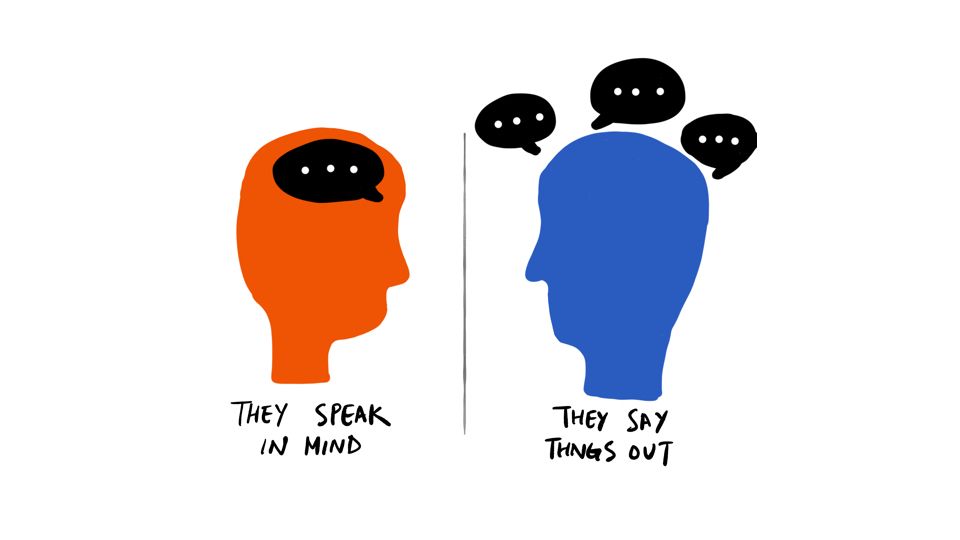
The job owner failed to see how Alita’s introverted superpowers made her uniquely qualified for the position. Great leaders leave bias out of the equation. They look for qualified people with strong performance records and then work to help them succeed. They look for opportunities to allow people to be authentic and leverage their strengths to create value.
Personality Type Bias and Performance Management
The greatest challenge for leaders during performance management is keeping personal unconscious bias and historically accepted (but often unspoken) cultural norms from biasing the outcome. Corporations have designed these programs to assess an employee’s accomplishments relative to peers and provide feedback targeted at improvement. Because many leaders have been deeply influenced by personality type bias, they unintentionally perpetuate the bias during the performance management sessions and fail to elevate their introverted employees. This is often when an introvert will be coached to act more extroverted, to speak more, to engage more.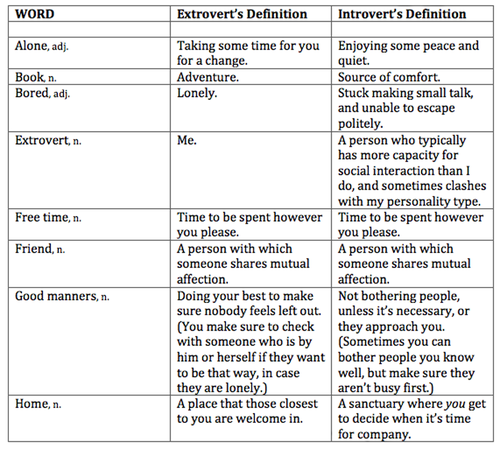 The most common fallback of leaders is replicating the feedback that made them successful without questioning if it was exceptional, equitable, or even ethical. Great leaders tailor feedback to the individual, looking to leverage the individual’s strengths without requiring them to fundamentally change to fit in. They create a workplace of belonging by allowing the employee to be authentic.
The most common fallback of leaders is replicating the feedback that made them successful without questioning if it was exceptional, equitable, or even ethical. Great leaders tailor feedback to the individual, looking to leverage the individual’s strengths without requiring them to fundamentally change to fit in. They create a workplace of belonging by allowing the employee to be authentic.
Personality Type Bias Results in Discrimination
When we talk about discrimination in today’s typical US workplace, we often limit its meaning to illegal forms, as defined by the Equal Employment Opportunity laws. These define illegal discrimination by a group of protected classes (for example, age, race/color, disability, national origin, gender, sexual orientation/gender identity, religion, etc.).[6] This often results in a hesitancy to use the word “discrimination” because of its legal definition. I am not proposing that the government rewrite the Equal Employment Opportunity laws to include personality type bias, but I am suggesting that we be willing to call out discrimination when we see it, even if it is not technically illegal. Most workplaces choose to use the words tailwinds (positive impact) and headwinds (negative impact) to describe bias that results in behaviors that help some and hurt others. These behaviors frequently lead to discrimination, and when they do, we must be willing to name it and have an honest and open conversation about its impact.
Most workplaces choose to use the words tailwinds (positive impact) and headwinds (negative impact) to describe bias that results in behaviors that help some and hurt others. These behaviors frequently lead to discrimination, and when they do, we must be willing to name it and have an honest and open conversation about its impact.
Regardless of what we call it, personality type bias in the workplace results in a form of culturally-accepted, and often legal, discrimination when acted upon to create advantages for extroverts and disadvantages for introverts. Unfortunately, both introverts and extroverts alike consider this discriminatory behavior normal far too often. This covert acceptance of bias and discrimination is an insidious disease that endangers the wellbeing of our organizations and employees.
True Change Requires Giving up Systemic Privilege
By far, the most common “solution” to bias and discrimination in today’s workplace is education. Familiarity is a needed part of any plan to systematically manage bias and discrimination, but it alone is far from adequate.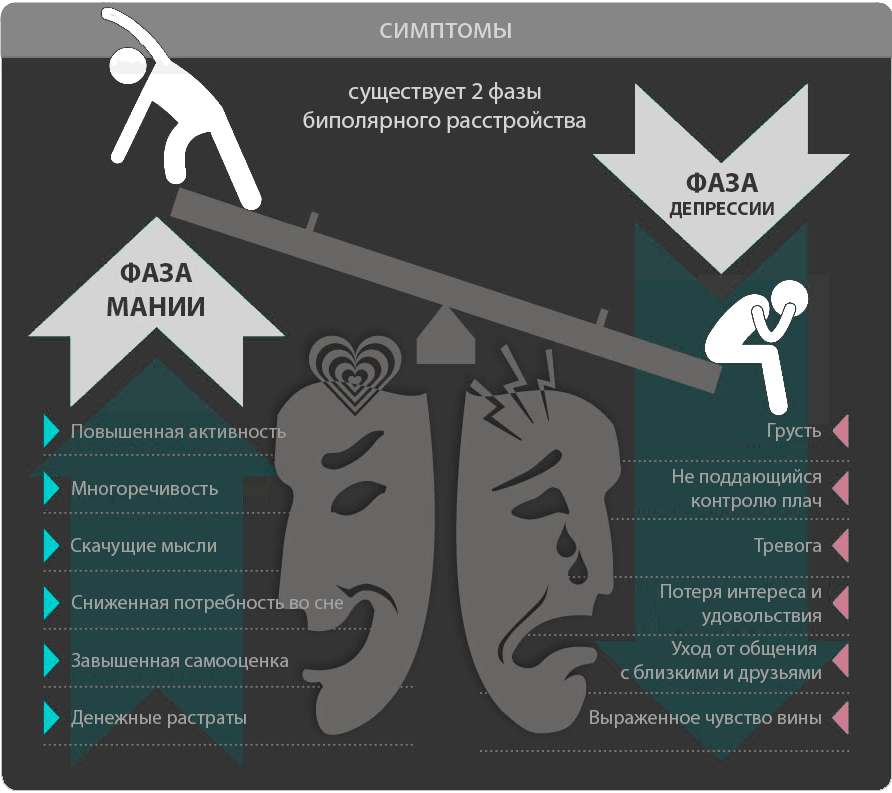 It takes the people in power to recognize these fundamental problems, act on them, and positively reinforce desired behaviors to improve the status quo. When instruction alone is the solution, the results are dependent on the caliber of the material and instructor, the motivation of the student, the priority put on the material from leadership, how quickly it can be put into practice, and most importantly how well the new behaviors are reinforced. If all you do is talk about a problem, then nothing happens to reinforce change, change will not happen and if it does, it will not last long.[7]
It takes the people in power to recognize these fundamental problems, act on them, and positively reinforce desired behaviors to improve the status quo. When instruction alone is the solution, the results are dependent on the caliber of the material and instructor, the motivation of the student, the priority put on the material from leadership, how quickly it can be put into practice, and most importantly how well the new behaviors are reinforced. If all you do is talk about a problem, then nothing happens to reinforce change, change will not happen and if it does, it will not last long.[7]
Discrimination is not only an individual phenomenon, but it can also be organizational and embedded in processes, standards, and norms. Processes in companies exist to ensure compliance with expected norms and standards. True change in any organization must address the structural issues that support existing bias. When these historic mechanisms benefit the group in control, they are typically not motivated to change because of a perception they will potentially lose power and opportunity. [8] Therefore, the current leaders—the people in power who profited from years of systemic bias and discrimination—must see benefit in the change, be willing to risk their privilege, and want to lead the effort for anything to truly change.
[8] Therefore, the current leaders—the people in power who profited from years of systemic bias and discrimination—must see benefit in the change, be willing to risk their privilege, and want to lead the effort for anything to truly change.
Stopping Culturally-Accepted Bias and Discrimination
Many leaders want to end unfair bias and discrimination. For example, I worked with one introverted leader who had become highly successful by acting like an extrovert. In fact, most people would assume he was extroverted, but every evening and weekend he would struggle to find his place of authenticity so he could recharge. When I started the quiet leadership dialog within the company for which I worked, he was instrumental in providing credibility and was quick to step up and help ensure the effort was a success. However, even he, who was one of the fairest and most value-driven people I have ever met, still fell into the trap of letting bias influence his actions. For example, in one conversation we had about introverts in the workplace, he stated that introverts just needed to understand that they had to be more visible, they had to take more risks and put themselves out there to be successful. To me, this was a sign that he unconsciously believed that for introverts to be successful, they just had to do what he did: act extroverted. It was a simple formula that produced results but ignored the important benefits of authenticity.
To me, this was a sign that he unconsciously believed that for introverts to be successful, they just had to do what he did: act extroverted. It was a simple formula that produced results but ignored the important benefits of authenticity.
Because positive tailwinds are almost always overlooked by the people being pushed by them, many leaders in organizations have benefited from systemic bias and often don’t see the problem or its magnitude. During my time as an introvert in corporate America, I experienced and observed systems and processes that helped extroverted leaders while holding introverts back. Here are workable solutions that today’s workplace leaders need to investigate and implement to reduce culturally-accepted personality type bias and discrimination.
· Personality type must be legitimized at the corporate level as a real and important dimension of diversity. This falls on the shoulders of corporate leadership to create and reinforce a value system that encourages diversity, inclusion, and belonging, and positively reinforces employees to advocate for themselves and others.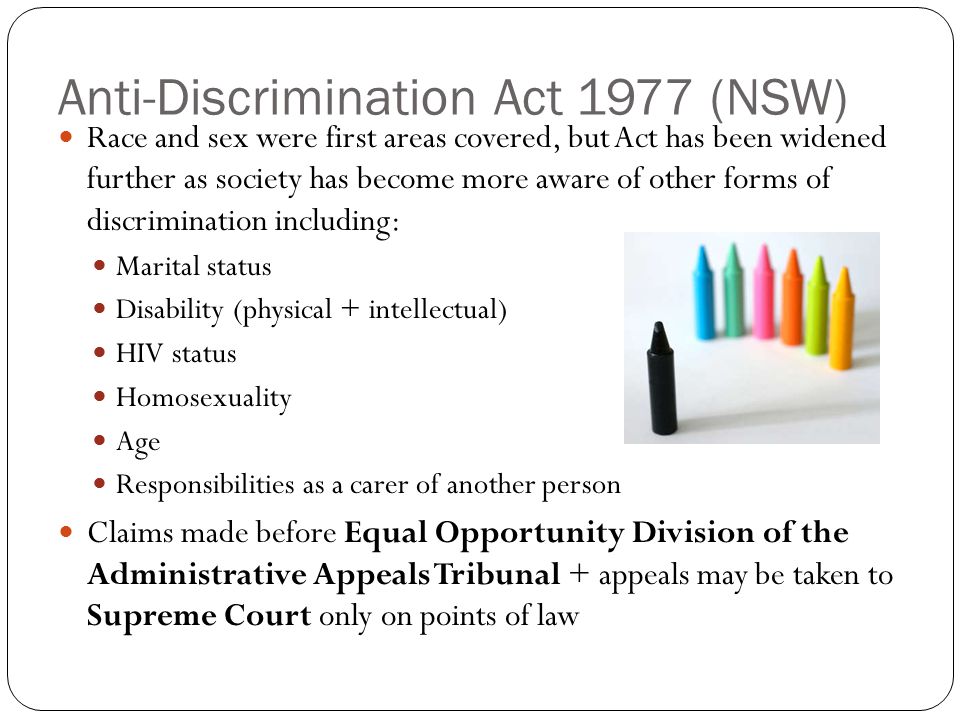
· Corporations must create an environment in which introverts can have open dialogs and conversations, both with other introverts and with extroverts. Today’s technology-enabled workplace presents new ways of communicating to empower introverts like never before. Leaders need to understand that communication preferences change depending on personality type. Systems need to give people of all personality types equal opportunity to contribute. Just as extroverts naturally gravitate to speaking and social interactions, introverts thrive in individual and small group settings and excel when they have time to think, edit, and capture their thoughts in writing. Tools like Workplace by Facebook, Zoom, and Microsoft Teams must be seen as mainstream, held in the same regard as, and used in conjunction with, in-person meetings.
· There can be no negative or punishing consequences when introverts do speak up; in fact, they need to be rewarded.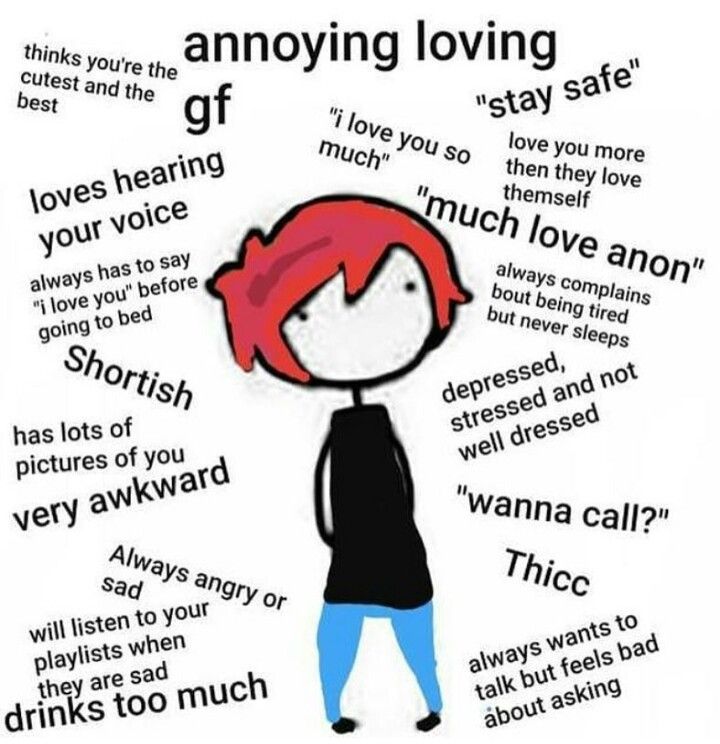 This is the only way to create the psychological safety that the workplace needs so all employees can thrive. If introverts are inadvertently shamed, labeled as fringe, or treated like troublemakers, they will not vocalize their needs and concerns. In addition, understanding how introverts prefer to be rewarded is also key because most would prefer private, low-key acknowledgement over recognition in large public events.
This is the only way to create the psychological safety that the workplace needs so all employees can thrive. If introverts are inadvertently shamed, labeled as fringe, or treated like troublemakers, they will not vocalize their needs and concerns. In addition, understanding how introverts prefer to be rewarded is also key because most would prefer private, low-key acknowledgement over recognition in large public events.
· The extroverts in power need to see the problem, understand its impact, and be willing to change. The current system works for extroverts, and because of this it is hard to see the problem. For those who see a problem, the obvious solution is for introverts to just act extroverted. But this ignores the toll this solution takes on the introvert’s productivity, creativity, health, and happiness. Leaders must communicate the costs of discounting the introverted half of the workforce and the potential upside to be gained by creating a truly inclusive work environment wherein everyone feels like they belong by being authentic.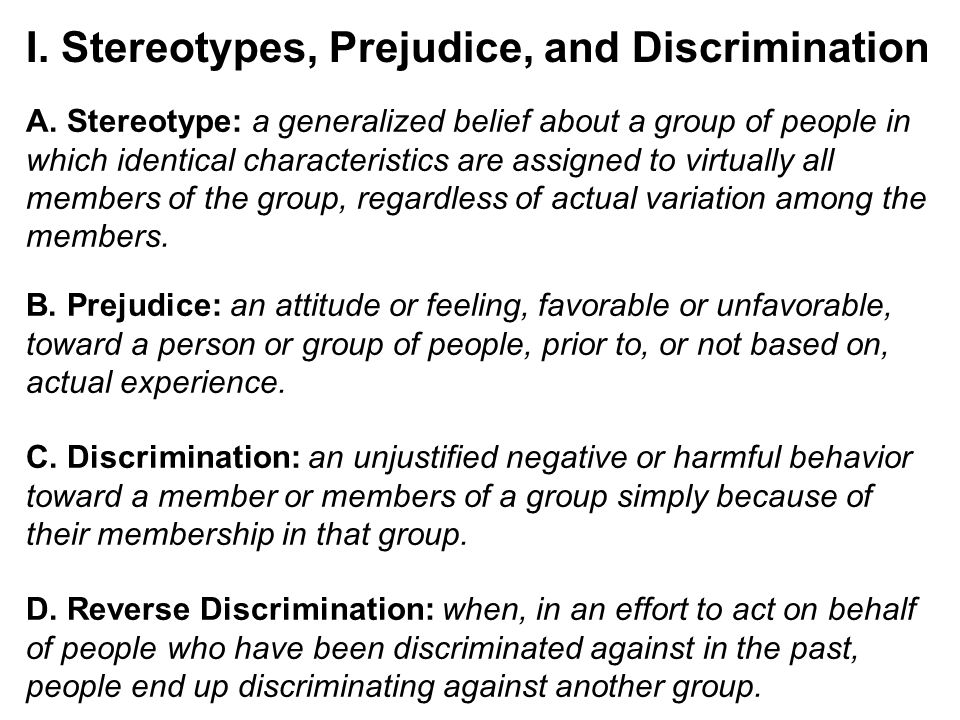 In addition, this needs to be done in a way that does not threaten the extrovert’s place in the system. Extroverts should continue to be rewarded for leading from their place of authenticity, but at the same time introverts must be given the same privilege.
In addition, this needs to be done in a way that does not threaten the extrovert’s place in the system. Extroverts should continue to be rewarded for leading from their place of authenticity, but at the same time introverts must be given the same privilege.
· Systemic bias must be investigated and minimized or eliminated. These biases can be hard to identify, and many companies do not realize how biased the systems they have relied on for years can be. It starts with a true commitment to diversity, inclusion, and belonging. Great companies build these into their core values and reinforce them through actions. Here are a few impactful actions your company can take today.
§ Organizations often label some employees as “future leaders.” These labels result in strong tailwinds that give a small percentage of employees a drastic advantage. Companies must carefully define the future leader criteria and ensure the hiring pool is not biased and instead results in equal representation of extroverts and introverts.
§ Job selection and promotion processes must be blind and based solely on qualifications and merit. This will minimize the probability that the selection team’s bias will impact the outcome. Once the selection has been made, human resources can review it to ensure that the processes of blinding the decision did not result in unforeseen consequences.
§ Job descriptions need to be updated to remove leading or biased language (for example “dynamic leader”). Far too often we do not define these terms, leaving them to be defined by biased individuals. For example, “dynamic” is synonymous with aggressive, charismatic, energetic, lively, forceful, and vigorous, which sound very much like the stereotypical description of extroverted behavior. “Dynamic leader” could easily be replaced with “authentic leader,” thus allowing for both the extroverted and introverted leader to meet the criteria without having the burden of conforming to an extroverted bias. In another example, the term “communicate effectively” is often interpreted to mean that the people who talk more at meetings are more effective. We overlook and discount the introvert who talks little at meetings, but spends considerable time effectively communicating one-on-one in other settings. Additionally, words like “motivate” or “inspire” can cause us to believe the person who commands a room, or the best storyteller is a better performer, and we fail to account for the introverted leader whose lowkey style and demeanor actually resonates with and empowers her naturally self-motivated workforce, resulting in greater performance.
We overlook and discount the introvert who talks little at meetings, but spends considerable time effectively communicating one-on-one in other settings. Additionally, words like “motivate” or “inspire” can cause us to believe the person who commands a room, or the best storyteller is a better performer, and we fail to account for the introverted leader whose lowkey style and demeanor actually resonates with and empowers her naturally self-motivated workforce, resulting in greater performance.
§ To prevent an individual’s bias from impacting the system, job selections cannot be made by one individual job owner; they must be made by an impartial selection committee. Job owners must give up this power. Stop trying to predetermine the success or failure of selected leaders, and let the impartial selection process work, while focusing on creating a workplace in which people can succeed when they are themselves. The committee should be staffed with a diverse group of qualified people who know the business and technical requirements, but who also represent a range of diversity dimensions (like personality type), including perspectives from outside the immediate hiring organization.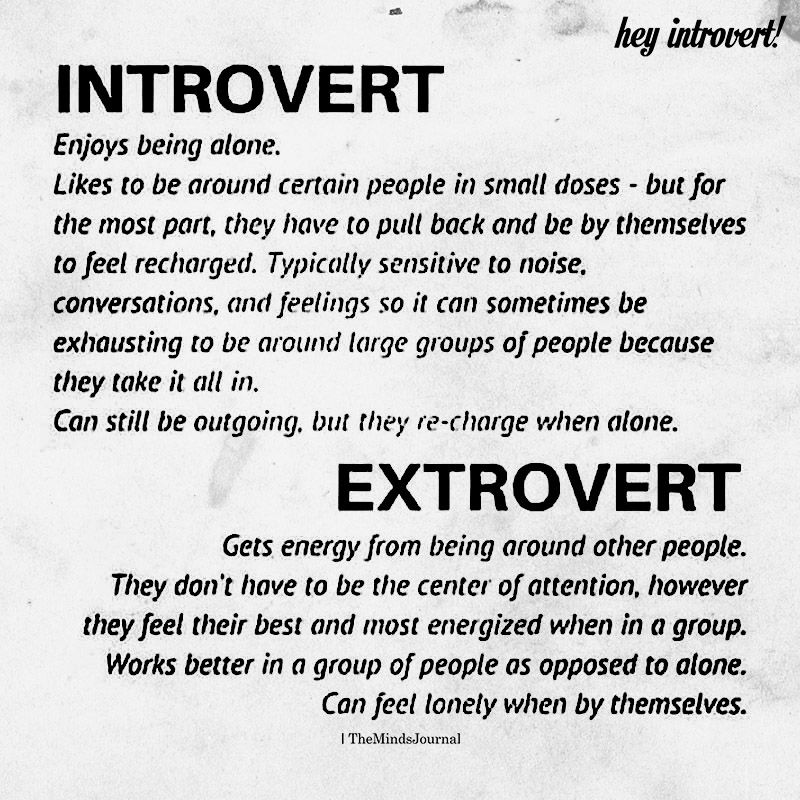
§ Company performance and selection meetings cannot be controlled by one or two strong personalities. Often, these groups provide cover for bias to be perpetuated because other members do not feel safe voicing contrary positions. These groups should be staffed with independent diversity and inclusion gatekeepers whose job is to ensure a consistent understanding of what bias and discrimination looks like, and who understand the negative impact of it on the workforce. In addition, they should monitor these critical meetings and alert the team when there is the potential for bias and discrimination that will impact the fairness of the process.
§ Sponsor assignment needs to be done systematically and without bias, not informally, to prevent leaders from biasing the future leader pool. In most workplaces, it is impossible to effectively climb the corporate ladder without an effective sponsor. It is true that who you know matters. Sponsors are senior leaders who are responsible for identifying and delivering potential future leaders. They are the people in power, people who have considerable influence over the organization. Sponsors are not immune to bias; in fact, studies have shown that a large majority of sponsors openly admit they look for apprentices who share their similar characteristics.[9] Since we know that more of the people in power are extroverts than introverts and we know that sponsors tend to select people like them, we can surmise that introverted aspiring leaders have a much more difficult time finding effective sponsorship. You can identify great sponsors not by how many people they elevate, but by how diverse a group of people they elevate. Leaders who sponsor must do a better job of advocating and representing the underrepresented groups, such as introverts.
They are the people in power, people who have considerable influence over the organization. Sponsors are not immune to bias; in fact, studies have shown that a large majority of sponsors openly admit they look for apprentices who share their similar characteristics.[9] Since we know that more of the people in power are extroverts than introverts and we know that sponsors tend to select people like them, we can surmise that introverted aspiring leaders have a much more difficult time finding effective sponsorship. You can identify great sponsors not by how many people they elevate, but by how diverse a group of people they elevate. Leaders who sponsor must do a better job of advocating and representing the underrepresented groups, such as introverts.
The Importance of a Balanced Approach
Just like it takes both introverts and extroverts to create a normal personality type distribution, today’s workplaces require both introverted and extroverted leaders to maximize value and create a feeling where people can belong when they are themselves.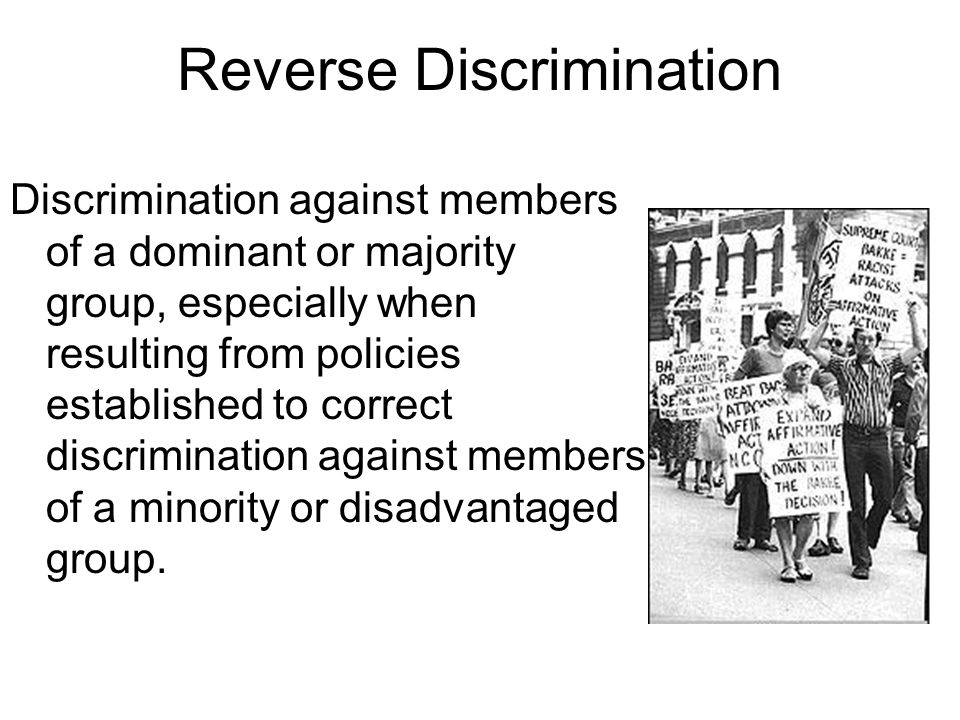 Many extroverted leaders understand the struggles that introverted aspiring leaders face because of bias and discrimination in the workplace and are working to help build equity into the ranks of leadership. For example, they sponsor introverted aspiring leaders as frequently as they do extroverts as well as championing and supporting open dialog about the benefits of personality type diversity in the workplace. For those of you who fall into this category, introverts everywhere applaud you and thank you for your help.
Many extroverted leaders understand the struggles that introverted aspiring leaders face because of bias and discrimination in the workplace and are working to help build equity into the ranks of leadership. For example, they sponsor introverted aspiring leaders as frequently as they do extroverts as well as championing and supporting open dialog about the benefits of personality type diversity in the workplace. For those of you who fall into this category, introverts everywhere applaud you and thank you for your help.
Personality type bias is a real thing in today’s workplace. Every day, introverted leaders battle strong headwinds created either by bias against them or bias favoring extroverts. These headwinds and tailwinds are just a nice way for organizations to describe what is culturally-accepted—and often legal—discrimination. This is leaving introverts frustrated and exhausted and costing companies countless dollars because of loss productivity. If an introvert must dedicate significantly more time than an extrovert to be fairly recognized and rewarded, we are distracting them from creating value for their organizations and making them less efficient. If today’s leaders (the people in power) see the benefit and make decisions to reduce or eliminate personal and systemic bias, we can create workplaces wherein all employees thrive because they feel like they belong.
If today’s leaders (the people in power) see the benefit and make decisions to reduce or eliminate personal and systemic bias, we can create workplaces wherein all employees thrive because they feel like they belong.
[1] Fortune 500 CEOs, 200-2020: Still Male, Still White. https://thesocietypages.org/specials/fortune-500-ceos-2000-2020-still-male-still-white/.
[2] Johnson, A. (2015). Introvert Revolution: Leading Authentically in a World That Says You Can’t. Aloha Publishing. 21; Nordell, J. (2021). The End of Bias. London. Granta Publications. 11.
[3] Is ‘unconscious bias’ just a convenient way to avoid acknowledging racism? https://metro.co.uk/2021/01/21/the-problem-with-unconscious-bias-it-takes-away-any-responsibility-13872478/.
[4] Nordell, J. (2021). The End of Bias. London. Granta Publications. 36.
[5] In addition to gender bias, there may be a less-understood unconscious bias keeping women from leadership positions: personality type. https://www.themyersbriggs.com/en-US/Company/News/Unconscious-Personality-Bias.
https://www.themyersbriggs.com/en-US/Company/News/Unconscious-Personality-Bias.
[6] Discrimination by Type. https:// www.eeoc.gov/discrimination-type.
[7] Is ‘unconscious bias’ just a convenient way to avoid acknowledging racism? https://metro.co.uk/2021/01/21/the-problem-with-unconscious-bias-it-takes-away-any-responsibility-13872478/.
[8] Johnson, A. (2015). Introvert Revolution: Leading Authentically in a World That Says You Can’t. Aloha Publishing. 23.
[9] Sponsors Need to Stop Acting Like Mentors. https://hbr.org/2019/02/sponsors-need-to-stop-acting-like-mentors#:~:text=Sponsorship%2C%20or%20advocacy%20by%20senior%20leaders%20of%20rising,talent%2C%20is%20a%20hot%20topic%20within%20corporate%20America.
I'm Sick Of Our Culture's Bias Against Introverts -- And I'm Ashamed To Admit I Share In It
Part of the series “Today’s True Leadership”
Photo: iStockThis month, something truly upsetting happened to one of my children.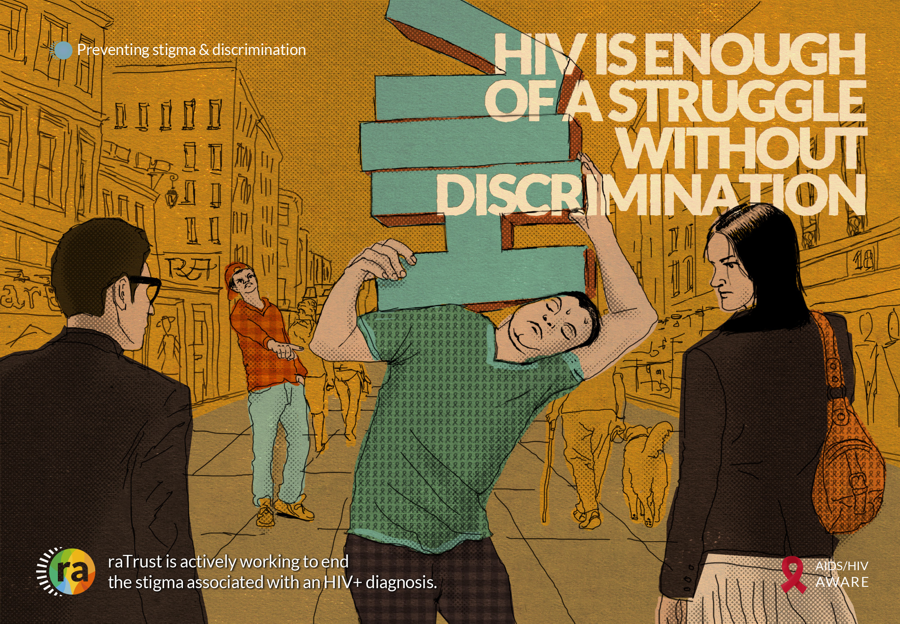 When that happens, as a mother, I get very serious about understanding the roots of the troubling incident, then doing my best to support my child effectively through it. In this case, I believe that what happened isn’t an isolated incident at all, but a culturally-supported one that affects millions of people today.
When that happens, as a mother, I get very serious about understanding the roots of the troubling incident, then doing my best to support my child effectively through it. In this case, I believe that what happened isn’t an isolated incident at all, but a culturally-supported one that affects millions of people today.
Briefly, here’s what transpired:
My son, who is an introvert and is somewhat shy (introversion and shyness are not the same), experienced what I believe is out-and-out bias against introversion. He’s in college studying Business and Finance, and in one class, the mandate (in order to get a good grade) was that every student participate fully every single class by speaking up, contributing ideas, and actively adding to the class discussion. The written mandate indicated that just attending the class each day and actively listening (without speaking and contributing) would grant no higher than a "D" in the "participation" segment of the overall grade.
Here’s the problem, from my view, with this mandate: For my son, and millions of other introverts (it is estimated that introverts represent 26-50% of the population), speaking up in a class environment on a continual basis, having to brainstorm each class on the spot and arrive at – and share publicly – new ideas without having time to think them through, and raising his hand to lead a group discussion, are all activities that are a very deep challenge.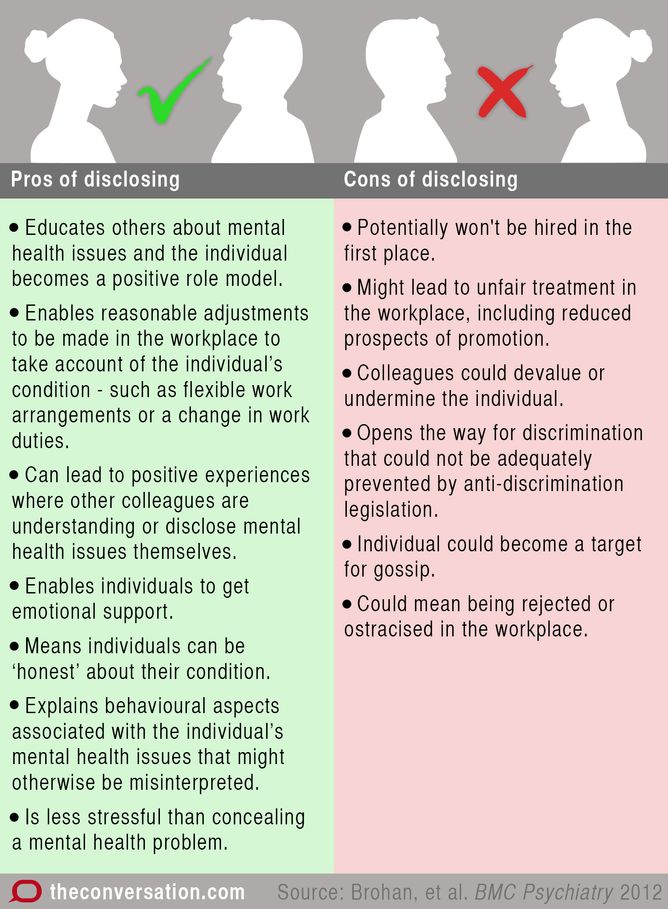 These are in direct opposition to his preferred and natural style of operating. For extroverts, on the other hand, this type of public speaking, on-demand brainstorming, and group participation are much more comfortable and easy. Forcing each student to perform in the exact same way in order to get a good grade smacks to me of bias.
These are in direct opposition to his preferred and natural style of operating. For extroverts, on the other hand, this type of public speaking, on-demand brainstorming, and group participation are much more comfortable and easy. Forcing each student to perform in the exact same way in order to get a good grade smacks to me of bias.
So, what is introversion?
The terms introvert and extrovert were introduced in 1921 by Carl Jung, as a way to distinguish between people who feel more connected to their inward thoughts and feelings and those who focus more on the external world. Throughout time, researchers have challenged some commonly-held beliefs and research studies about introversion, but most seem to agree on these fundamentals:
The introvert:
- Enjoys time alone, and needs alone time to recharge.
- Needs less stimulation than the extrovert. An evening with a good friend of two is generally far more desirable than attending a large party, for example.
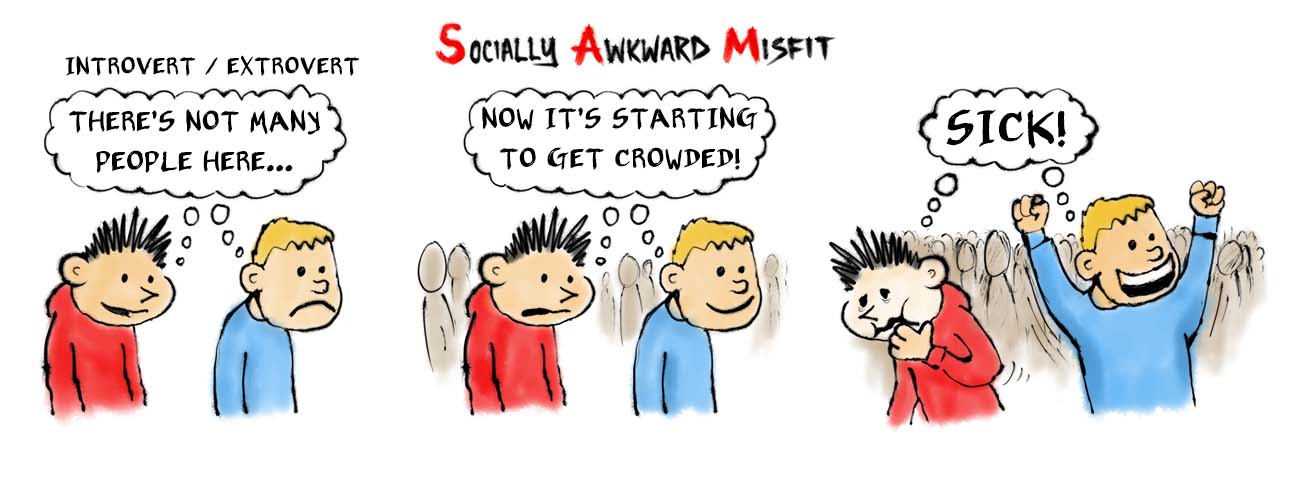
- Tends to have powerful skills of concentration and prefers immersing themselves in one task at a time.
- Wearies of small talk but often enjoys digging deep into a topic.
- Thinks before they speak and is often characterized as a good listener.
- May be socially adept but quickly tires of parties or group gatherings where they must be “on” for long stretches. Their social energy is limited, and they guard their supply.
In 2013, Susan Cain, a Harvard law school graduate and former attorney and negotiator, burst on the scene with her bestselling book Quiet: The Power of Introverts in a World that Can’t Stop Talking. She explained that she had previously viewed her quiet, reserved nature as a disadvantage, something to be overcome. In fact, she experienced shame and humiliation at being introverted. But as she began researching introversion as a personality trait, she learned that what many people perceive as a weakness is in reality a strength — one that most Americans (including business managers, leaders, teachers, etc.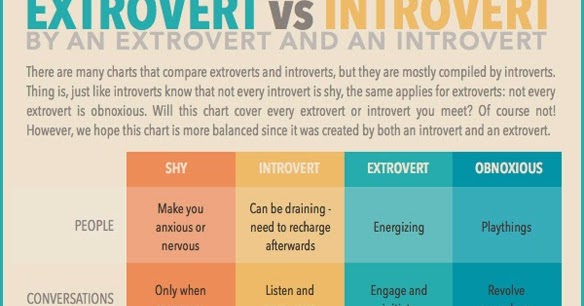 ) fail to appreciate.
) fail to appreciate.
Cain defines introversion as the preference for quieter, more minimally stimulating environments, where extroverts feel at their best and crave a high degree of stimulation. For introverts, the optimal zone is much lower. Her TED talk – The Power of Introverts (with 18.3 million views) – is riveting:
In her intriguing interview “Society Has a Cultural Bias Against Introverts” with The Guardian in 2012, Cain shares important revelations, including:
- Introversion (again, by her definition, means “preferring lower-stimulation environments”) is often mistakenly perceived as being antisocial.
- Introversion is confused with shyness, where shyness is about the fear of social judgments. An introvert might not fear social judgments, but simply prefers to be in a quieter setting.
- School and business (and society) pressures all our children to be more extroverted
- Our most important institutions – schools and businesses -- are designed mostly for extroverts and the extrovert’s need for stimulation.

In examining my own personality, I’ve seen over the years that I have strong extrovert tendencies (but may be more accurately labeled an “ambivert”). Speaking up in public, brainstorming new ideas on the spot, socializing at length, leading group discussions, etc. come naturally to me. I quite enjoy them all and always have, but I do need my quiet time to restore myself after being in extreme social situations.
I have to admit too that in my 18 years of corporate life as a manager, director, and Vice President, I see now that I mistook introversion as something else (and that “something else” was not a positive, in my mind). I didn’t recognize introversion for what it truly is, and I had a negative bias against it because 1) it is very different from my way of operating, and 2) I mistook extroversion for being able to think and analyze quickly, knowing and being on top of what you’re talking about, and being a strong leader and manager.
In the past few years, I began to see and understand my son’s introversion for what it was, rather than “shyness” or a stubborn reluctance to share his ideas or speak in public with others he just met. I also began focusing more intently on my own biases against introversion, and saw that they were rampant. Where I used to see staff members or colleagues as “not able to think on their feet,” or “so quiet that it hurts them,” I now see the keen power of minds, their intense creativity and brilliant ideas, along with their ability to comfortably share power with others rather than needing to put their mark on other people’s ideas.
I also began focusing more intently on my own biases against introversion, and saw that they were rampant. Where I used to see staff members or colleagues as “not able to think on their feet,” or “so quiet that it hurts them,” I now see the keen power of minds, their intense creativity and brilliant ideas, along with their ability to comfortably share power with others rather than needing to put their mark on other people’s ideas.
I’ve seen too that our society’s bias against introverts is deep, reaching into the classrooms, colleges, and corporate offices around the country. For example, in one job interview my son had recently, it was remarked that he was “quiet” and this was clearly not a compliment.
Further, I’ve been shocked by the number of introverts who make up the base of my career coaching clients and courses. In the past year alone, over 80% of those who’ve come to me for private coaching help claimed to be introverts. What this indicates to me is that introverts may indeed struggle in corporate life in ways that extroverts do not.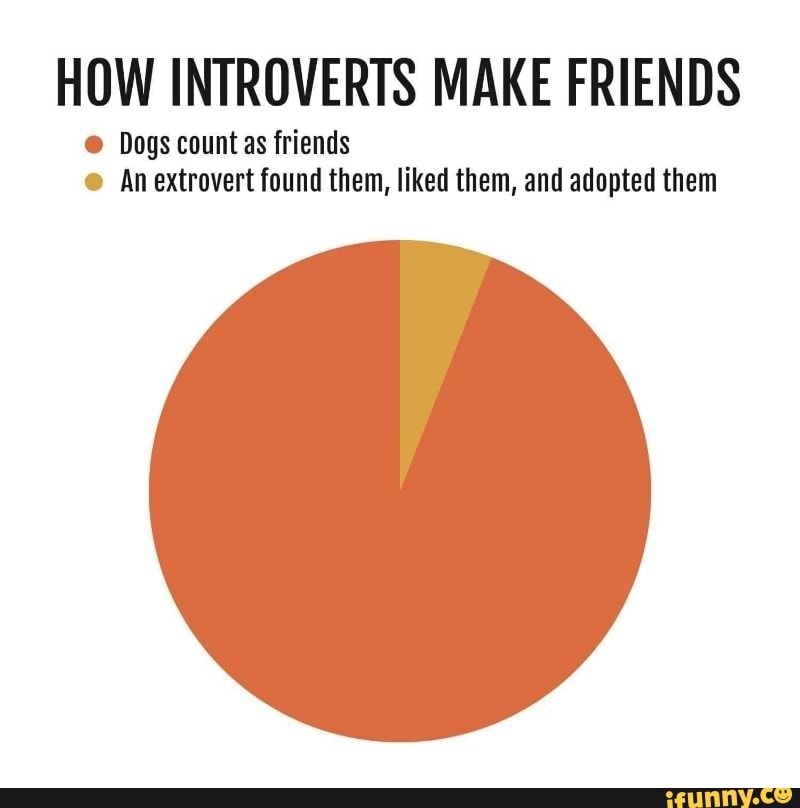 The introverted corporate professionals I’ve worked with have felt unappreciated, undervalued, and misunderstood. While I haven’t researched this fully yet, I believe it’s possible that their introversion (and the lack of acceptance of introverts in our country’s culture) plays an important part in their disengagement and dissatisfaction with their work and careers.
The introverted corporate professionals I’ve worked with have felt unappreciated, undervalued, and misunderstood. While I haven’t researched this fully yet, I believe it’s possible that their introversion (and the lack of acceptance of introverts in our country’s culture) plays an important part in their disengagement and dissatisfaction with their work and careers.
Going back to my son’s situation, do I think it was wrong of this professor to demand full, active participation in every class (meaning, requiring the students to speak up each time with new ideas and to lead out loud strongly in each class discussion) as a criteria for getting a good grade?
In response, I believe the following:
1. Great teaching and expert leadership embraces ALL types of people, and all communication styles and personality types. For the best possible outcomes to be created, we need to embrace all types of human beings to build a more positive whole.
2. Great teaching and expert leadership does not force people into one box, claiming that that one box is the right way to go.
3. Great teaching and expert leadership recognizes where there are unconscious and conscious biases within its own mechanisms, systems and rules, and works to shed new light on these biases, for the good of everyone involved
4. Great teaching and expert leadership helps each and every individual become all he or she wants to be, honoring his/her own unique style, approach and behavior.
5. Great teaching and expert leadership helps each individual reach his/her fullest potential and does not try to force people into molds that don’t fit.
6. Great teaching and expert leadership recognizes the power, value and contributions of all styles, personalities and approaches.
This experience for my son has taught us both a great deal. I, for one, am committing to opening my eyes further as to where I’m biased against people who are different from me. And I’ll start with embracing all the introverted colleagues, partners and peers I’m grateful and blessed to have the opportunity to work with.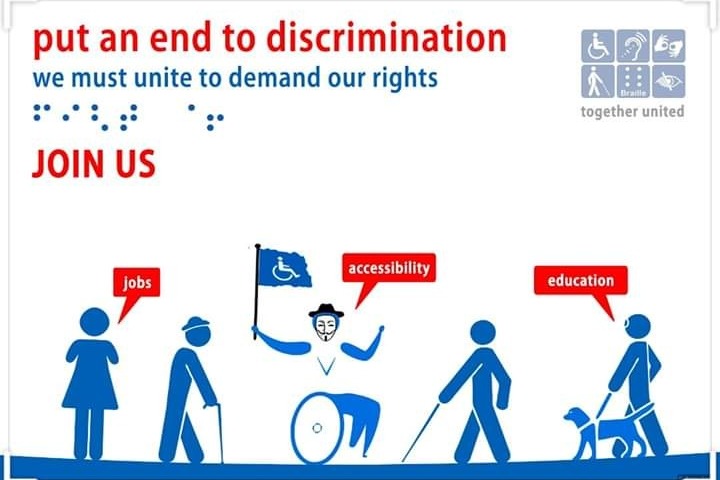 Will you join me?
Will you join me?
To learn more, visit Susan Cain’s Quiet Revolution.
For more from Kathy Caprino about honoring your authentic style, take her Dominant Action Style Quiz, and her Amazing Career Project video training.
Gallery: World's Most Famous Introverts
13 images
View gallery
Why modern society does not recognize introverts?
Sign up for our ”Context” newsletter: it will help you understand the events.
Photo caption,Extroverts are sociable and easily fit into a team; introverts find inspiration in secluded, quiet surroundings
The popular belief that extroverts are more successful in life has been questioned by the author of a new popular book on psychology that has recently hit the UK bookstores. In fact, introverts are just as successful, she argues.
In fact, introverts are just as successful, she argues.
Why, then, does discrimination against introverts flourish in modern Western society?
In her book Silence: The Power of Introverts in a World That Can't Be Silent, author Susan Cain lists US President Barack Obama, Harry Potter author JK Rowling, and Apple co-founder Steve Wozniak as introverts.
The author is convinced that by nature introverts do not have to be shy or antisocial; they just prefer to be in less stimulating environments, drawing energy from calm and contemplation.
From "Culture of Character" to "Culture of Personality"
"We've all seen job offers that excel in qualities like liveliness, the ability to 'work in a team' and sociability," says Kane. language with others plays a significant role in the corporate principles of the modern professional world."
"However, studies indicate that there is no connection between talkativeness and idea generation," the writer notes.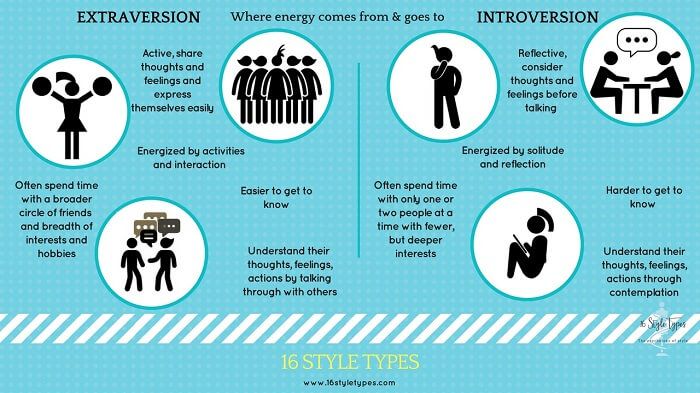
Kane admits that she herself belongs to an introverted group, and notes that such "discrimination" is observed not only in companies, but even in schools where "classroom calls" and various group activities are encouraged.
The writer believes that this trend was the result of the growing role of "personality culture", which implies the importance of charisma, in comparison with the fading "culture of character", in which high morality was the main value. This trend has evolved as modern society has moved from agriculture to entrepreneurship.
However, Kane believes that the role of introverts in society needs to be revived.
"Many underestimate and misunderstand introverts, but they have a lot of advantages: they can focus on key issues and focus, they are also very persistent," she notes.
Mimicry of Extraversion
Canadian business analyst Mark Dyckman admits he had social problems: he had trouble blending in and speaking out at corporate meetings, but he managed to create the appearance of "openness".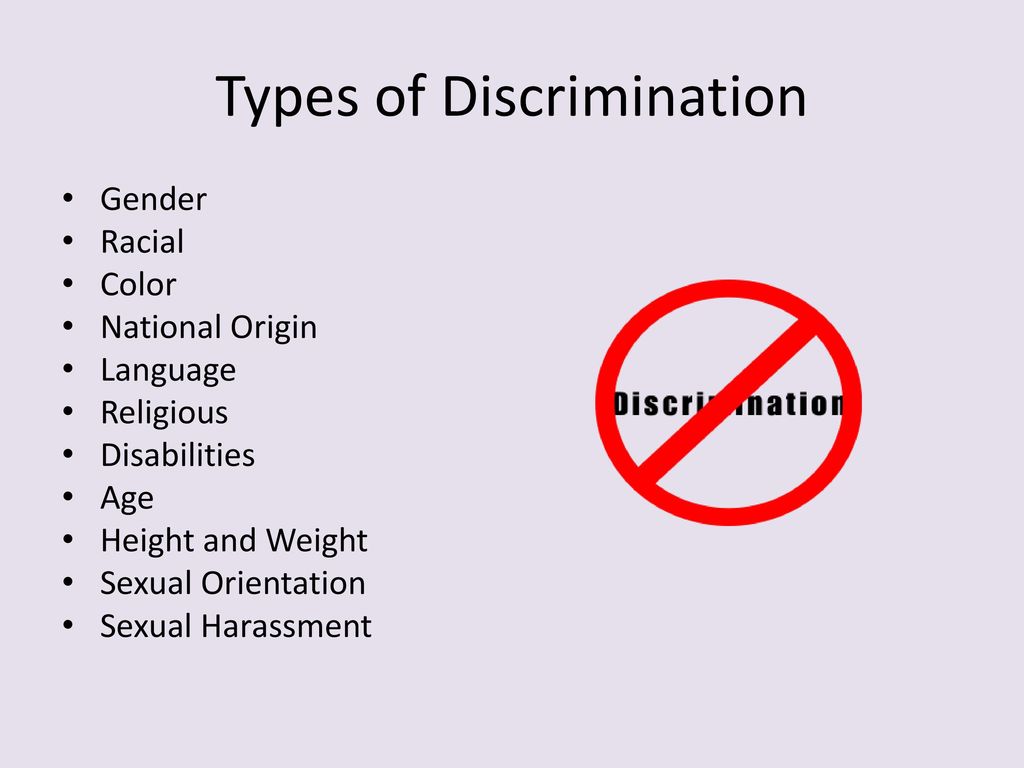
"I've learned to act like an extrovert," Dyckman explains. "I think a lot of people eventually get used to the rules of the game in order to function well in today's society."
Image caption,The author lists Barack Obama and Harry Potter author JK Rowling as introverts
Felicity Lee, a psychologist who specializes in professional issues, believes that such "mimicry" is quite acceptable, but such behavior may lead to increased fatigue.
"You can be an extrovert or an introvert, but still understand your role in society and be able to fulfill it, or you can not understand," she says. "An extrovert is a character trait that has nothing to do with the acquired ability to control emotions."
Joe Sylvester, Professor of Organizational Psychology at Cass London Business School, is not surprised that the need for extroverts is much higher - many employers assume that extroverts are more likely to become leaders.
Sell Yourself
Skip the Podcast and continue reading.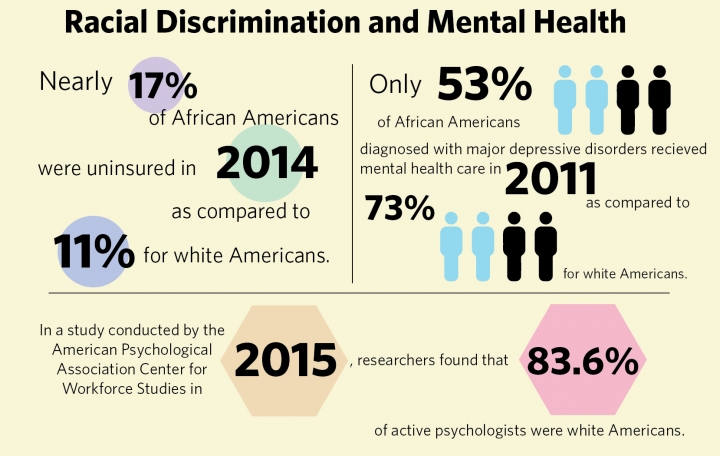
Podcast
What was that?
We quickly, simply and clearly explain what happened, why it's important and what's next.
episodes
The End of the Story Podcast
However, this hypothesis is far from being true in all areas: for example, it is not profitable for politicians to show all the cards; it is much more important for them to be able to step back from the discussion and listen to the opinions of others, and then draw their own conclusions.
A similar situation is observed in the field of trade: if it is useful for a salesperson in a store to be open and sociable, then, for example, it is easier for a person who sells his goods to scientists and researchers to be an introvert, since it is traditionally easier for people to communicate with people who are similar to themselves.
Richard Dodd, an employee of the British retail organization British Retail Consortium, believes that people cannot be divided into two clear groups, since each person has certain qualities from extroverts and introverts.
"Sometimes it's necessary to 'sell yourself': to showcase your accomplishments and qualities to a potential employer, but this is easier for some than for others," says Dodd.
"But I believe that in successful organizations, managers must strike a balance between different types of people, often avoiding superficial assessments and looking for personnel useful to the company even among those who do not shout their skills to the whole street."
Is it difficult to be an introvert? - BBC News Ukraine
- Vanessa Barford
- BBC News Magazine
Caption before photo,
Who's screaming - is that really it? Often the best ideas don't come from those who talk the most.
Extroverts are said to be more successful in life, but according to a new best-selling book, introverts also have great accomplishments.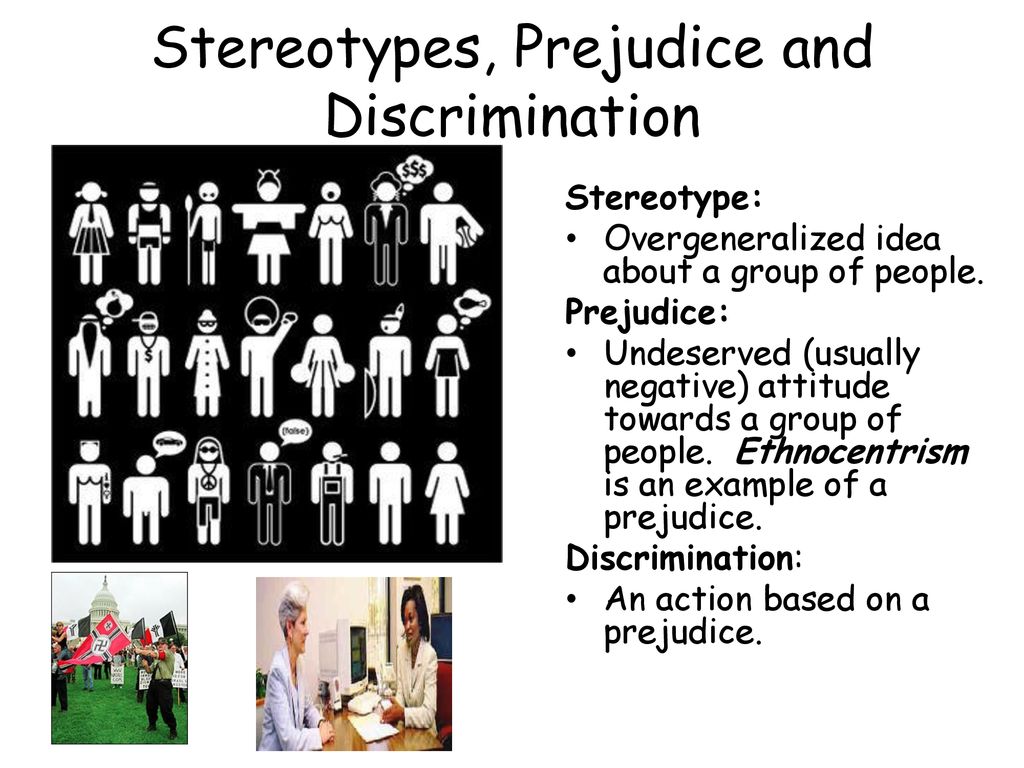 The book argues that there is a more positive attitude towards extroverts in Western societies. But are introverts really discriminated against?
The book argues that there is a more positive attitude towards extroverts in Western societies. But are introverts really discriminated against?
Barack Obama, JK Rowling and Steve Wozniak.
It may not immediately occur to you that these people are introverts, but according to Susan Cain, American author of Quiet People: The Power of Introverts in a Continuously Talking World, they are.
That's because, contrary to popular belief, introverts aren't necessarily timid or socially outgoing - they just prefer an inactive social environment and draw energy from quiet pastime and reflection.
"Not everyone who screams is right"
In contrast, extroverts need to be around other people all the time to recharge their life batteries.
Susan Cain argues that although a third of the population are introverts, most institutions - from schools to workplaces - seem to be programmed for extroverts, while introverts are often underestimated or misunderstood.
"Whether it's a job advertisement that uses phrases like "active, close to people and a team player", or realities such as shared offices with an open area, or brainstorming in staff meetings - the ability to present yourself now highly valued."
"But research shows that there is no connection between the person who talks the most and the best ideas that sound," says Ms. Kane.
A self-described introverted researcher says that this is also the case in schools, where there is also an emphasis on having someone active in the classroom, during group work, and adhere to the principle of "show off and talk." !"
She also cites research evidence that most teachers consider extroverted students to be extroverted students, and more extroverts are groomed for leadership positions in adulthood as they learn.
Rehabilitating Introverts
Her book, which aims to rehabilitate introverts, was well received by the readership and provoked discussion among commentators and psychologists, and her interactive presentation was watched by one and a half million viewers.
In the American magazine Wired, Clive Thompson opines that Ms. Kane's book might help introverts improve their reputation. But in The New York Times, introverted author Judith Warner argues that a "quieter argument" for introverts would probably be more appropriate.
Photo caption,These introverts prove that extroverts don't always have better luck in life. and introverts) - well, this group of people is hardly mentioned in the book.
One introvert who supports Ms. Kane's efforts is Mark Dyckman, a Canadian computer analyst. He is 42 years old and has written a number of blogs about introverts. He agrees that introverts have certain advantages, but in general they have a harder time in life.
"At the university there was a lot of encouragement and pressure to be socially active with other people. I didn't have a problem with it for a while, but there came a point when it became very tiring for me."
"It was only when I started my career and went through a certain drill - only then did I begin to understand the difference between introverts and extroverts. It opened my eyes to how I looked at certain situations, and it gave me a certain comfort as well," says Mark Dyckman.
It opened my eyes to how I looked at certain situations, and it gave me a certain comfort as well," says Mark Dyckman.
He adds that at the beginning of his career it was difficult for him to express his opinion during meetings, but later he realized that he still had to speak publicly and express his vision.
"I've learned how to act like an extrovert. I think a lot of people are learning the rules of how a team works and thus learning how to behave," says Dijkman. "It might be a little tricky, but everyone can contribute ( to the discussion.) I think that anyone who is not very comfortable in public, as if learning the basics of introversion.
Today an introvert, tomorrow an extrovert
Psychologist Felicity Lee says that introverts can behave like extroverts, but they are somewhat tired of it.
American and Canadian cultures tend to be more extroverted than other cultures. But Ms Lee argues that there is also a certain prejudice against extroversion in the workplace and in society at large in, say, the UK.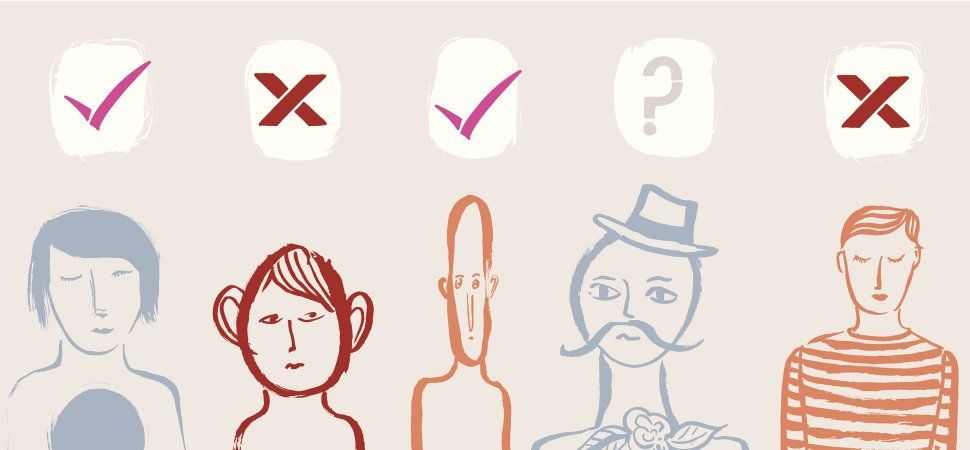
But, she says, just because someone is an extrovert doesn't mean that person is a "good extrovert".
"Someone can be an extrovert or an introvert, they can do well socially. Extraversion has nothing to do with emotional intelligence or competence," says the psychologist.
Ms. Li points out that regardless of psychological nuances, most people just want to be extroverts.
"B 9In the early 1900s, the Myers-Briggs special psychological test was tested in the UK and Europe. And then 92% of people said that it was better to be an extrovert - even though extroverts were only half of society then," says Lee. - then they will say that it is better to be an extrovert, that is, easy to communicate with and have many friends, says the psychologist
Who is the psychology of politics?0022
Professor Joe Sylvester of Cass Business School isn't surprised that there's such a widespread belief that it's better to be an extrovert. Most recruiters seek out extroverts, believing they make better leaders. However, adds Ms. Sylvester, extroverts do not necessarily excel in some areas, as it may seem.
Most recruiters seek out extroverts, believing they make better leaders. However, adds Ms. Sylvester, extroverts do not necessarily excel in some areas, as it may seem.
"Politicians, let's say, are much more introverts. In politics, you don't have to show all your cards at once. And it is the introverts who can step back a little, listen to others and take more time to think about decisions."
"People may think that extroverts do better in trading because they deal with many people all the time," says Ms. Sylvester, adding, however, that if the buyer is an introvert, he prefers the type of seller that he is. psychology himself. In particular, this applies to pharmacies.
However, according to Richard Dodd of the British Trade Association, the very approach to dividing people into extroverts and introverts is too simplistic and in reality there are many more types and subtypes of people by character.
In his opinion, people gravitate more to those jobs that better suit their psychological type and then they give their best in the workplace.



